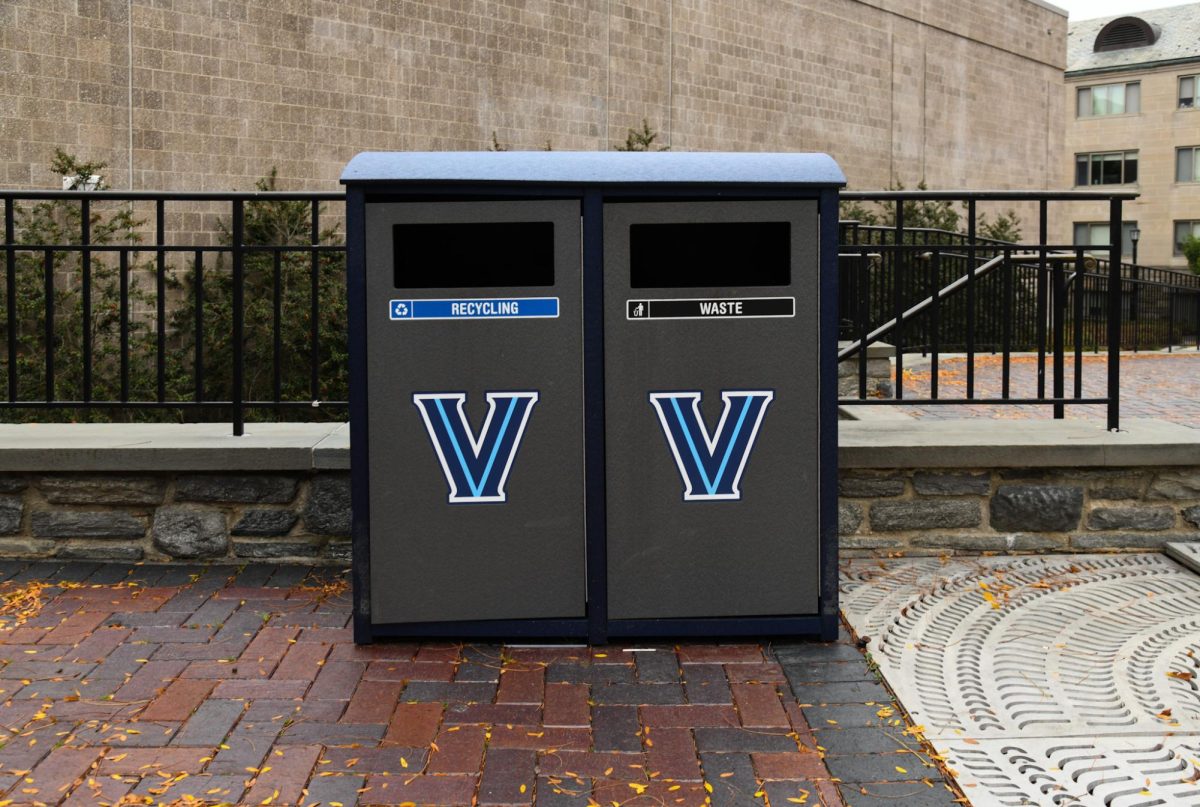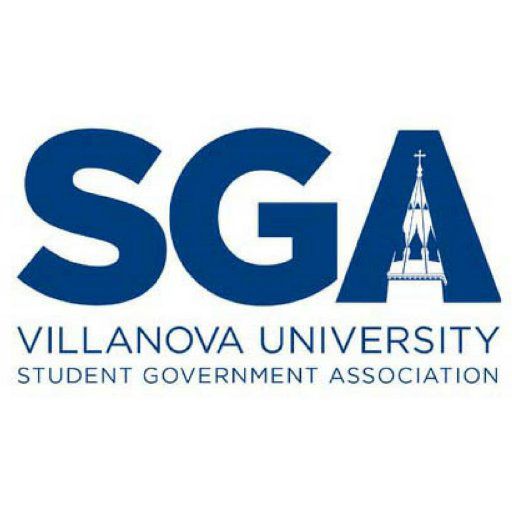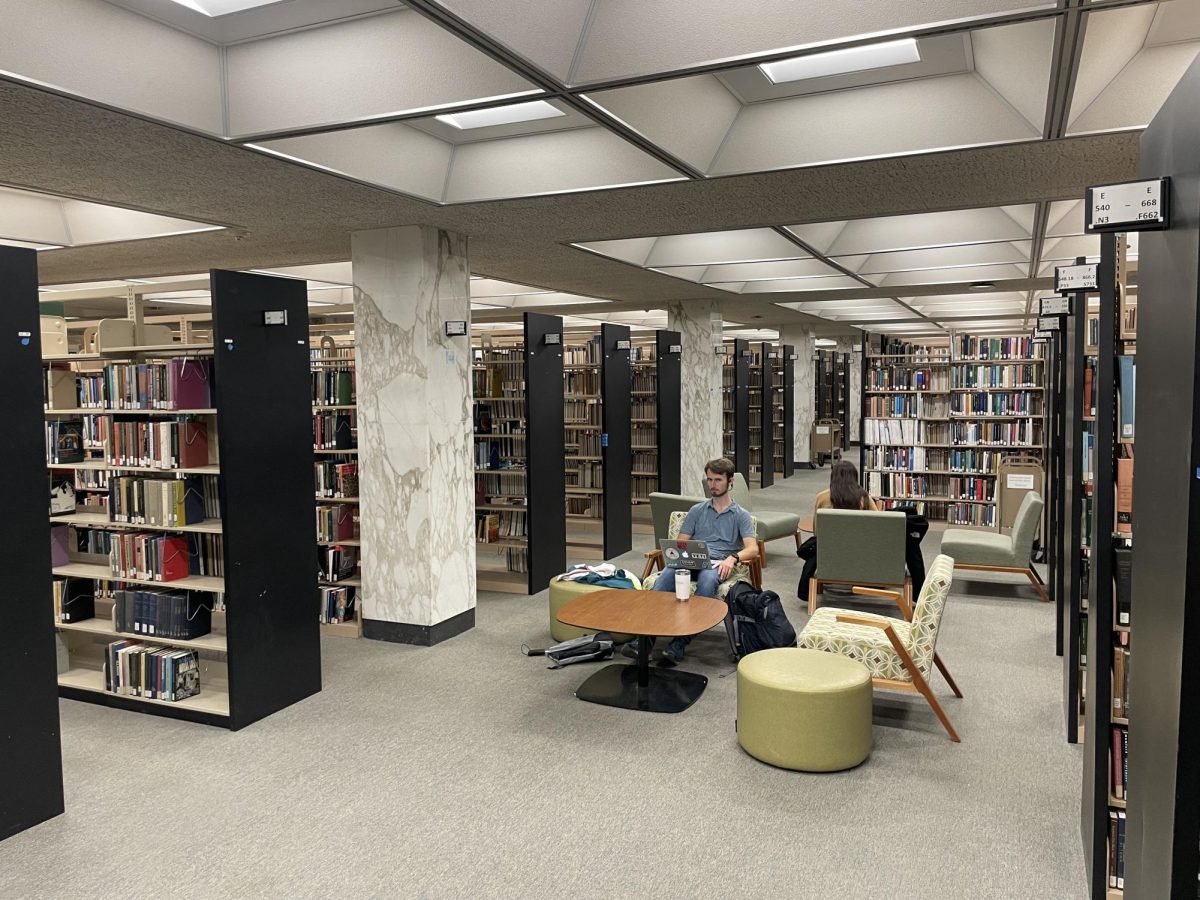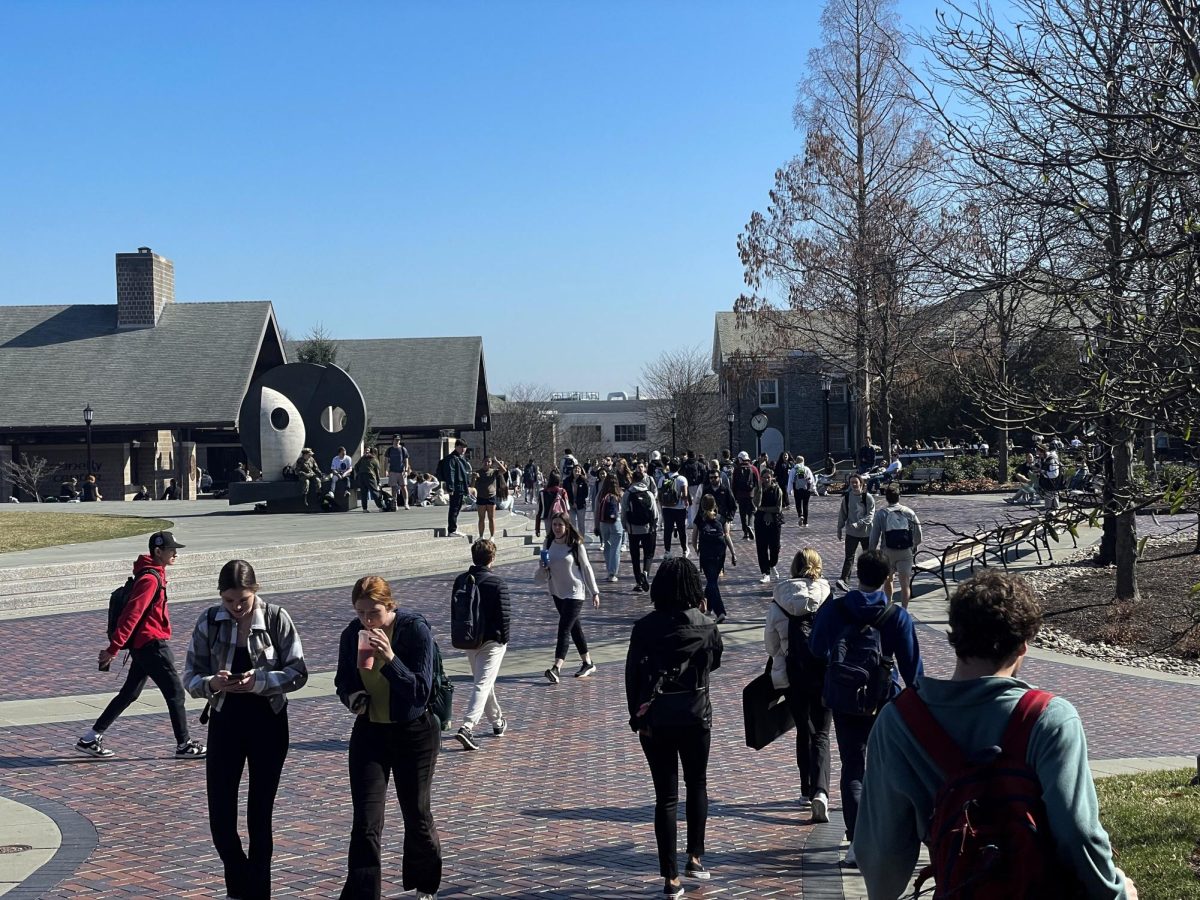You order an iced coffee on your way to your morning class, print a study guide for your upcoming exam, grab lunch at Pit and pick up your Amazon package before heading back to your room for the day. What do all of these activities have in common? Besides being a part of your daily routine, each of them produced waste, a portion of the University’s 12-to-15 million pounds produced annually.
The University Waste and Recycling Program recently unveiled new initiatives aimed at better meeting diverse student needs and aligning with the University’s Zero Waste goals. These include an expanded recycling program, a post-consumer waste composting program and electronic waste bins.
Al Motel, Manager of Waste and Recycling, explained the need for these expanded programs.
“The pandemic changed not just how the campus operates in general…but changed people’s consumption habits,” he said, referring to the increase in single-use materials in dining halls, a heavier reliance on e-commerce (along with the shipping and packaging waste it produces) and other changes. “It’s caused us to have a slower ignition of change.”
However, Motel and his team remain motivated to align the University’s Waste and Recycling Programs with Zero Waste. Motel described Zero Waste as “diverting waste from landfill and incineration, minimizing pollution and maximizing the end of life of materials.” It’s about “how to live more sustainably and consume more sustainably,” he said. The new Waste and Recycling initiatives represent excellent progress towards this goal.
While the University’s recycling program previously only included plastics #1, 2 and 5, the updated program includes all kinds of plastics, numbers #1 through 7. This includes flexible plastics, such as plastic bags, plastic film and plastic packaging. Although these items are normally very hard to recycle, this is now made possible due to the “state of the art optical sorting” technology of Villanova’s new recycling facility. This recycling facility, or Materials Recovery Facility (MRF), is the only one in Pennsylvania with these capabilities.
The updated recycling program is being launched concurrently with the introduction of a recycling search engine, which will be accessible via QR codes on bins across campus.
“People can scan the QR code, and it will take them to the search engine,” Motel said. “They can type in any material and learn how to dispose of it properly and sustainably on campus.”
This educational component is important, as having the infrastructure for sustainable recycling doesn’t always translate into action.
Ava Eberly is a Student Zero Waste Coordinator. Part of her role includes conducting waste audits.
“We have a big table where we open a bag with either trash or recycling in it and sort the contents into different bins for different categories (plastics, paper, cardboard, liquids, organics, to name a few),” she said. “This allows us to determine contamination rates (amount of trash in the recycling or amount of recyclable materials in the trash), as well as calculate our diversion rates (amount of material going somewhere else other than the landfill or incineration plant).
“Across the buildings we audited, the diversion rate was just 34.5% (so about two thirds of waste produced on campus is going to the waste incineration plant),” she said. “Our recycling contamination leaves room to be desired, too. Across the buildings, the single stream contamination rate is about 52%, meaning over half of the materials put in the recycling was not recyclable. Ideally, contamination rates should be under 15%,.”
“Recycling is much more difficult than it should be,” Motel said, explaining regional differences in what can be recycled. This makes it difficult for Villanova students – from across the United States and even the world – to know what is eligible for recycling. The search engine aims to close this knowledge gap.
The University Waste and Recycling Program is also launching the University’s first-ever program for post-consumer food waste. This includes food scrapings and other uneaten food that has been touched by consumers, which has historically been thrown in the trash. It is starting as an opt-in program, but Motel is hoping to expand it over time to provide access across campus.
The University has always had a pre-consumer food waste program, whereby food was composted off-campus until 2022. Starting then, the University switched to the use of Aerobic BioDigestor units in kitchens, which act as “a mechanical stomach that uses an enzyme similar to what we have in our stomach to digest and process the food, discharging it through gray water which is then recycled downstream.” This program, which is currently in Dougherty, Donohue, the Finneran Pavilion and the Law School, is looking to expand to all consumer kitchens on campus. It is significantly more efficient and cost effective than composting.
“[With] pre-consumer food waste there are quality control measures in place. Kitchen staff are trained on what can and cannot go into the compost, so there is essentially zero contamination in the pre-consumer compost,” Eberly said. “Post-consumer composting is harder because there are so many more opportunities for contamination. People might accidentally throw a plastic utensil or a food that is really oily into the compost, which contaminates it, and contamination in composting is extremely difficult to deal with. One plastic fork could ruin a whole batch of compost.”
This illustrates why post-consumer food waste has historically posed more of a challenge to the Waste and Recycling Program and illustrates the gain that the new program represents.
The Waste and Recycling Program has also introduced new bins for electronics waste, batteries and printer and toner cartridges. These bins are important, as electronics waste is composed of many parts that can be toxic if left in a landfill. Additionally, batteries pose fire risk if left in the trash. These new bins can be found and used in the Connelly Center, Donohue Hall, St. Mary’s and Mendel Hall.
Motel encourages students to take advantage of the new programs, but also to think about their actions and responsibilities “beyond the bins.” He shared some quick tips for students looking to live more sustainably on campus.
First, he encourages students to think about their consumption habits. Is there a reusable option for what you’re buying instead? One great example of this is buying a reusable water bottle.
Secondly, he encourages students to separate materials they recycle. If you have a package from Amazon, remove the packing materials from the cardboard box. This ensures that the cardboard won’t be contaminated and can easily be used again.
Last, he reminds students that there’s always the option to get involved, whether it’s volunteering for waste audits, move out collections or outreach events. Interested students can contact [email protected] or visit https://www1.villanova.edu/villanova/fmo/recycling.html to learn more.









